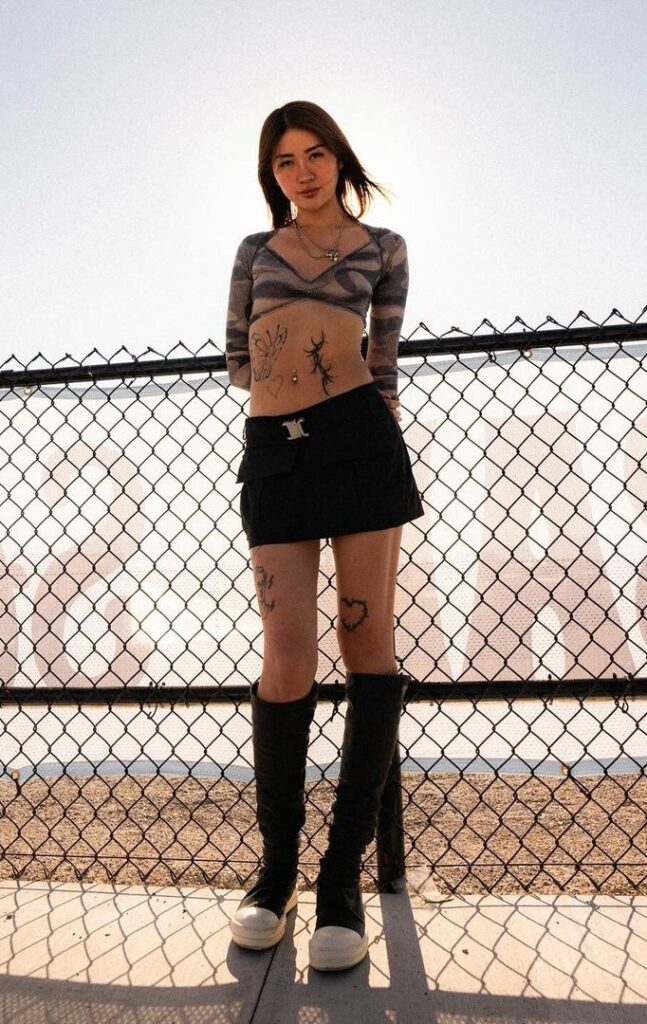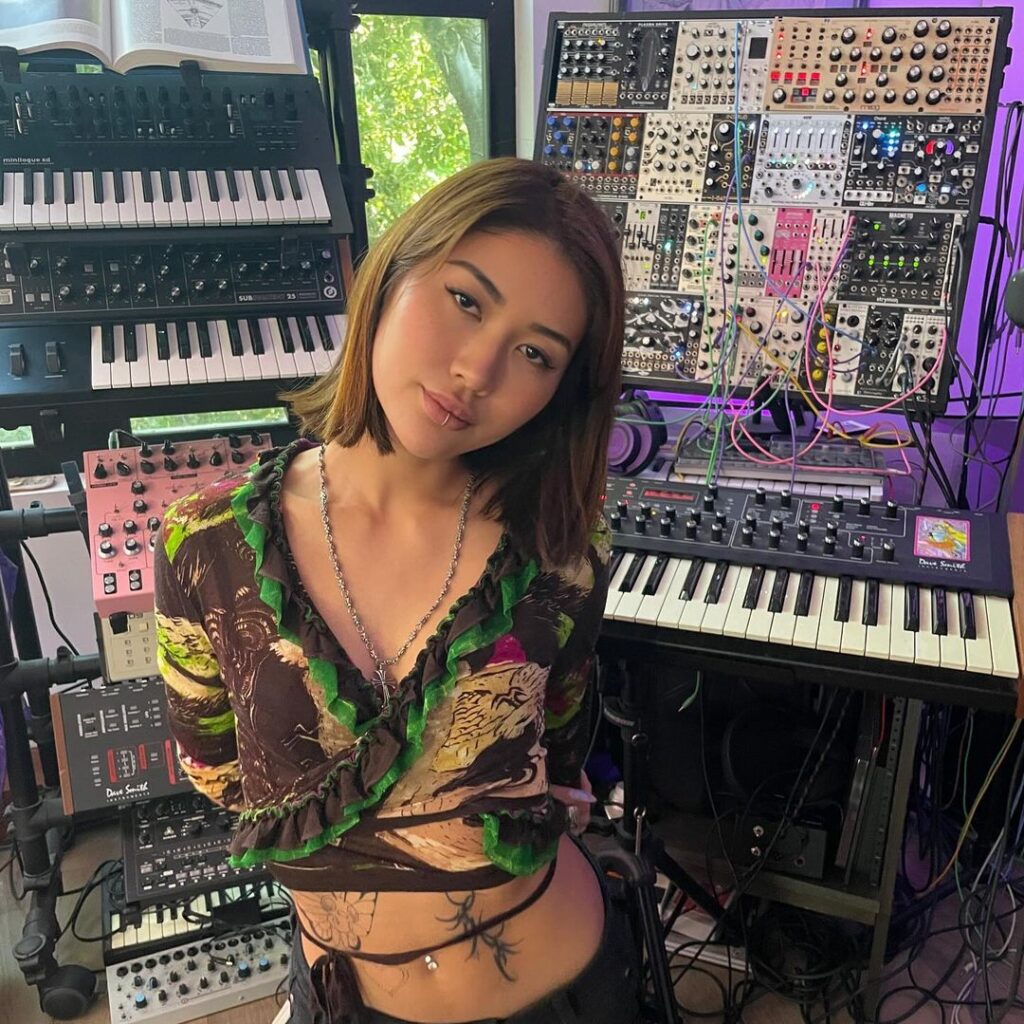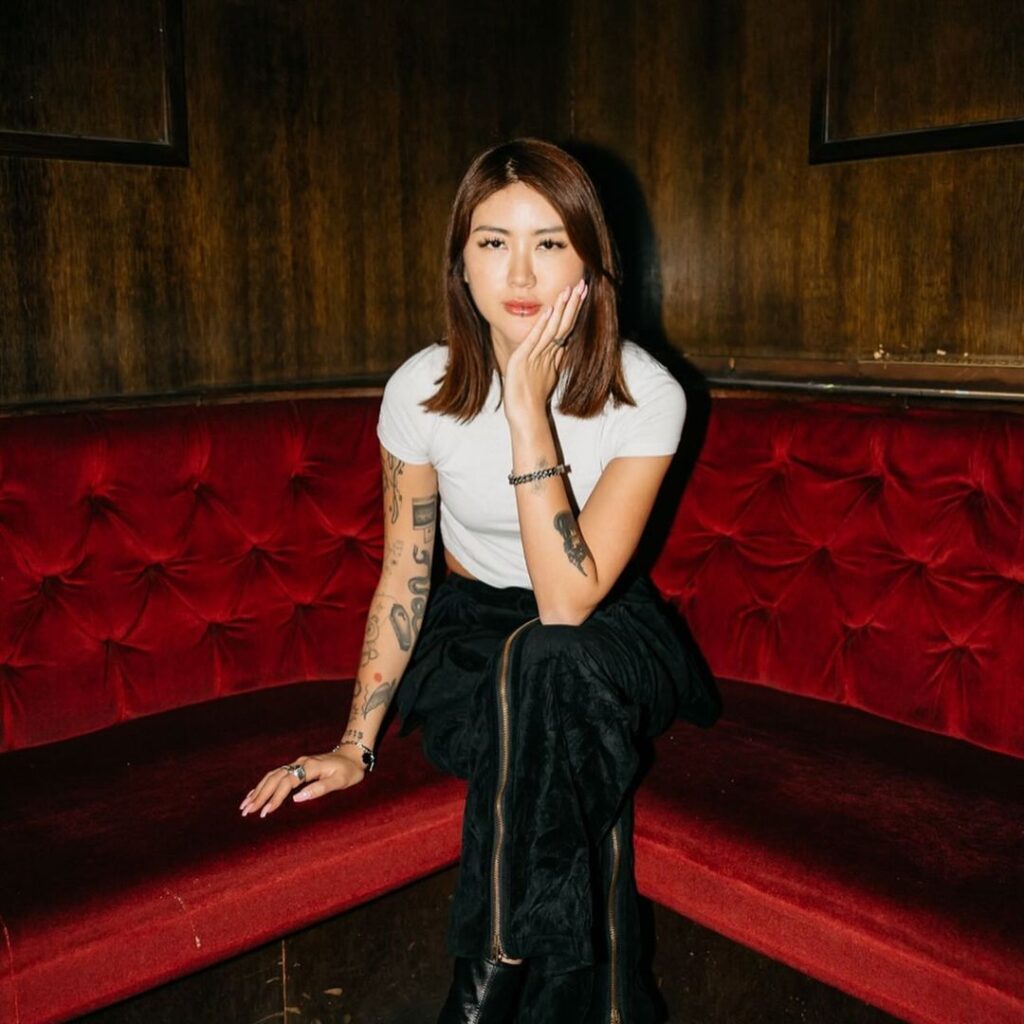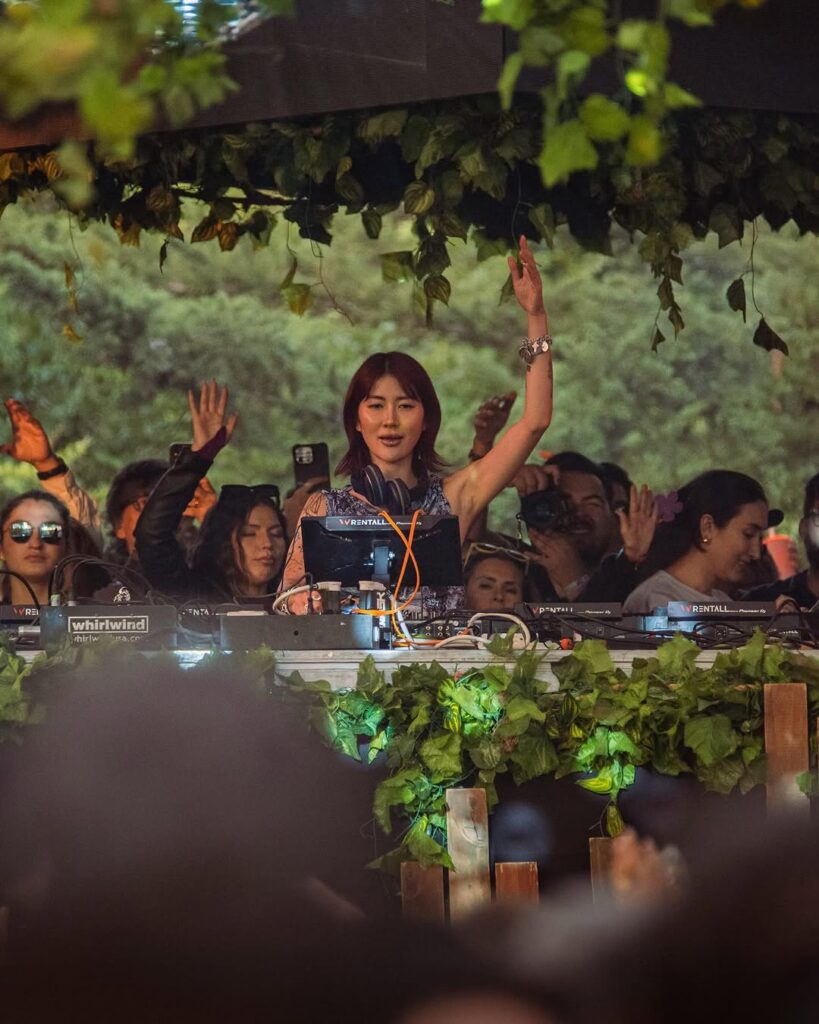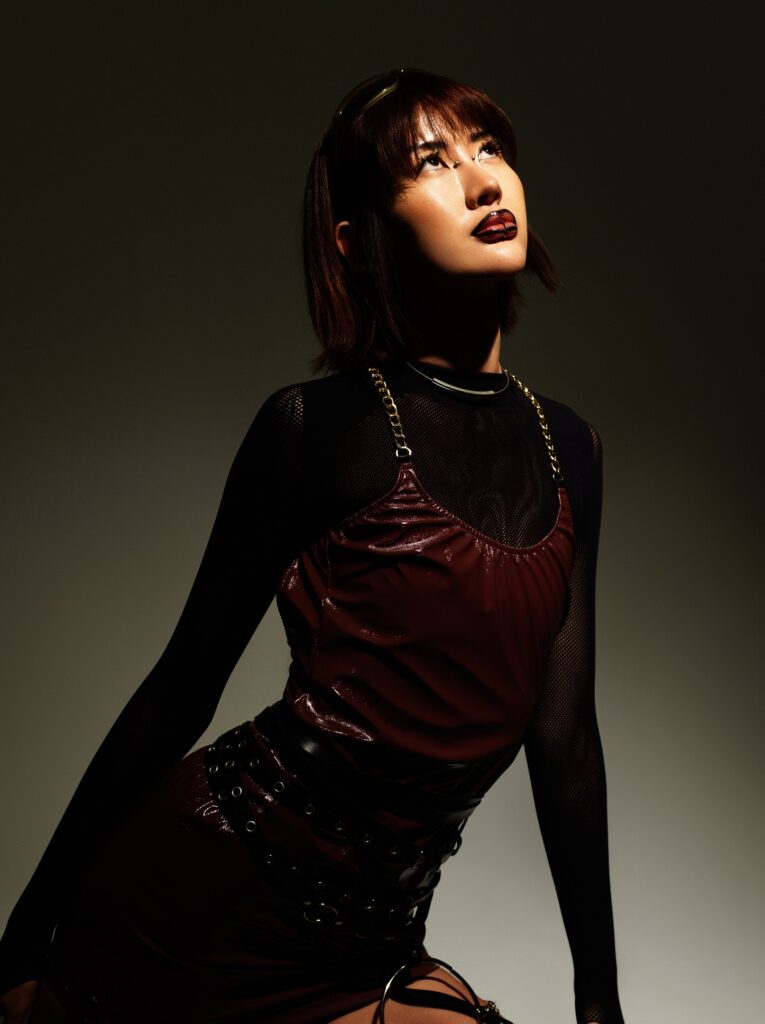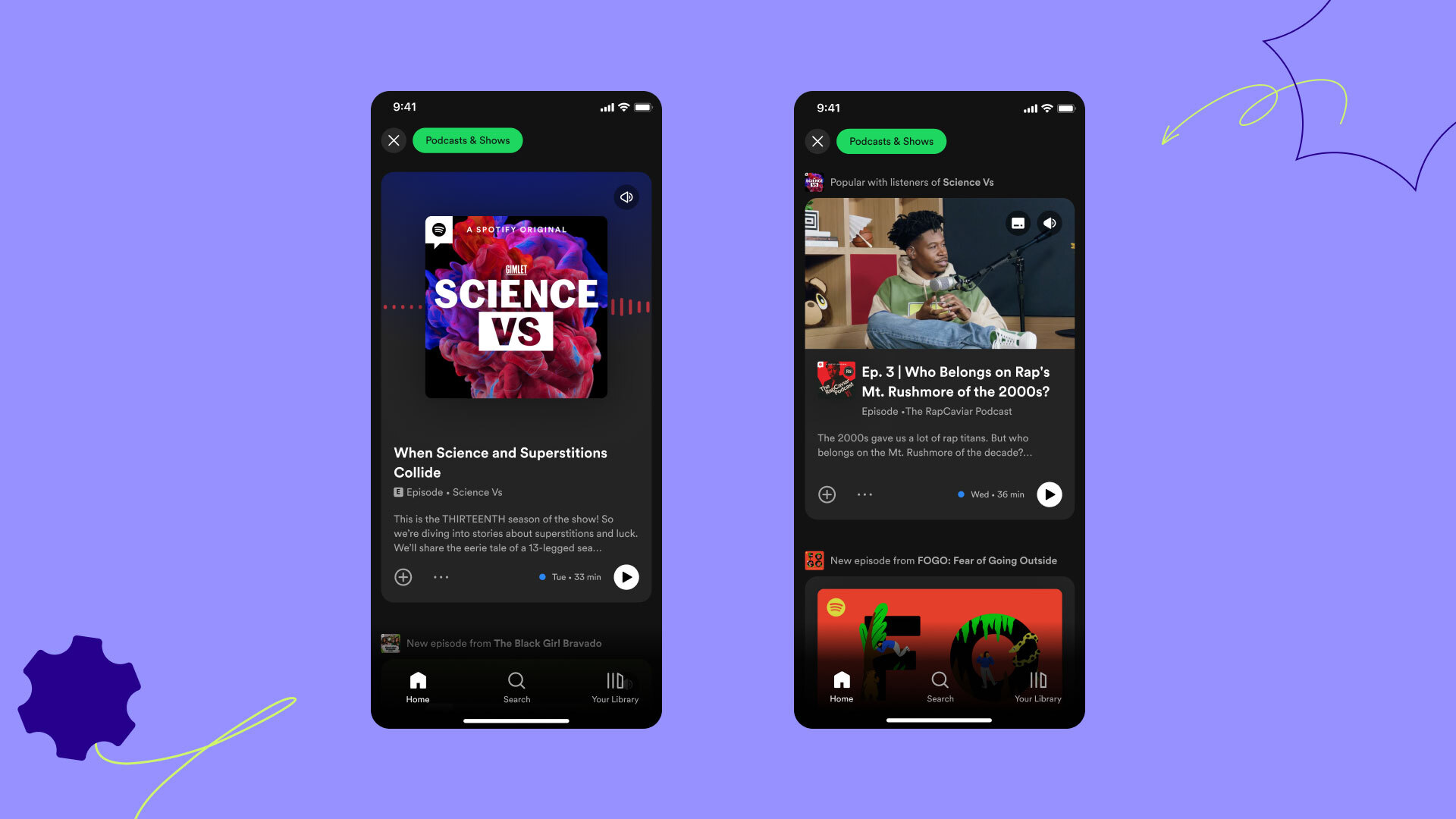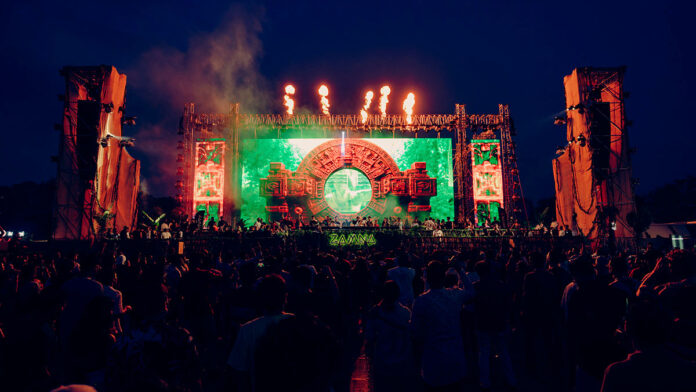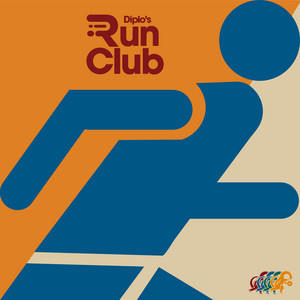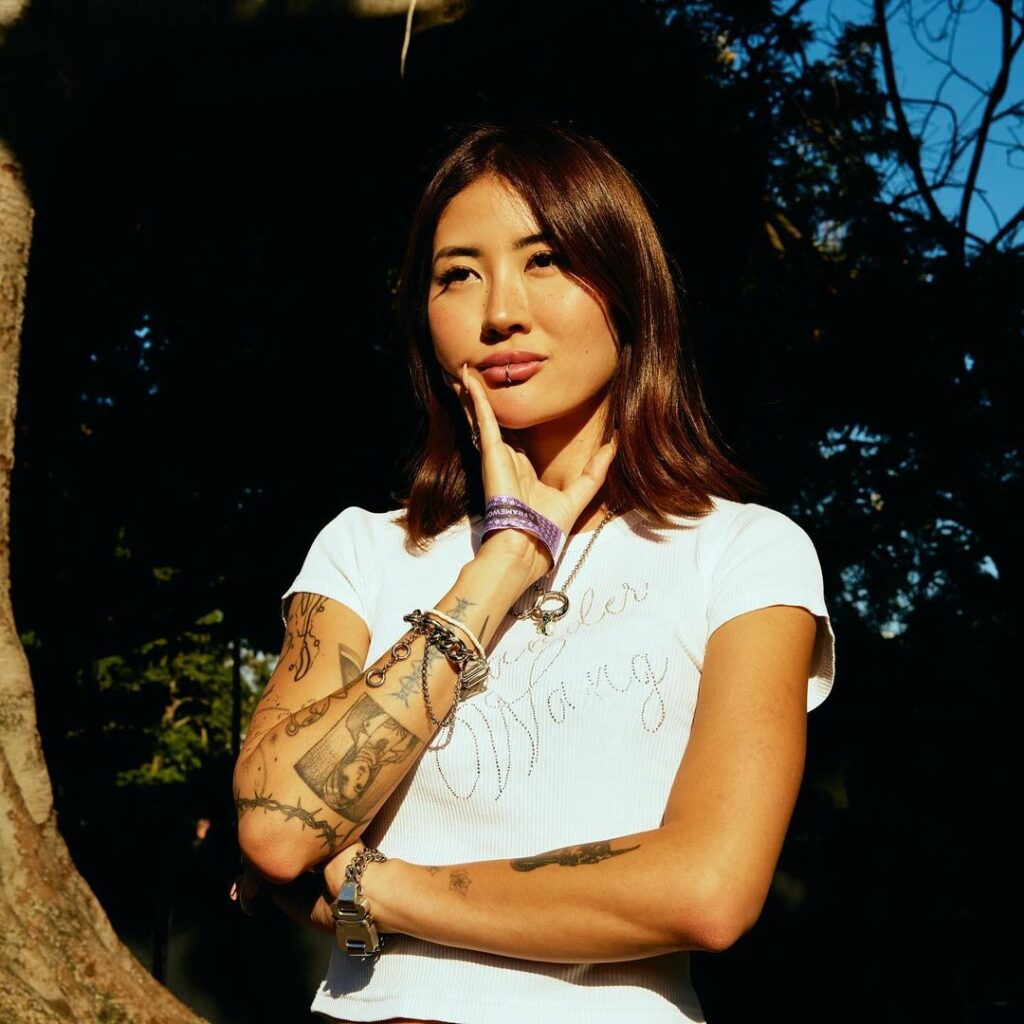
[INTERVIEW] Qrion Talks New Album, Being Vulnerable, Soberness, And More
We recently sat down with one of Anjunadeep’s finest for a lovely interview.
There’s not much I haven’t said on the internet about Qrion. If you’ve been a follower of Anjunadeep at any time in the past, say, six years at least, you already know who I’m talking about. From the very start, the Japan-born US-based artist took listeners and curious minds alike by storm with her solid Deep House sound and the ability to take you on sonic voyages with only a few elements per track.
Momi recently shared her sophomore artist album, We Are Always Under The Same Sky, a brave and intimate work, a compilation of tracks all born from the same place: self-forgiveness and growth. Stemming from unpleasant memories from his father’s passing years ago, Qrion built an album that was, in a way, meant to heal her first, accepting past mistakes and embracing the present self. You can read more about the album in our review from January.
If you know me, you know I’m all for music with a purpose and music with a soul. Yes, plain tracks can be nice, but if there’s no deeper meaning underlying them, I’m most definitely not interested. With Momi’s album being precisely the opposite, needless to say we were stoked to have her over for a chat. And we did.
And during our conversation (cleverly disguised as an interview), we got to learn so much about everything surrounding the album, her first steps in music, how moving away from Japan marked her journey and in turn her sound, lessons she’s learnt by being a musician, being vulnerable and not fearing to share sensitive parts of oneself, and so much more. Read on as we dive deep into the life and art of Qrion.
The Interview
(Please note, the bolded text represents a question, while the paragraph(s) following it represent Qrion’s answers.)
Thank you so much for coming. Well, at this point, we’re a bit late to the party, but huge congratulations on the release of the album, We’re Always Under The Same Sky.
Thank you!
How has the reception been up to this point? Do you see people enjoying the tracks on the dancefloor? Have you had stories, perhaps shared with you, thanks to the tracks?
Yeah, this weekend is my last show from the album tour. But for these past three months, I could tell people were excited to hear the album’s songs more than the other ones, because when I play whichever song from the album, I could see the crowds cheering me up, so I could tell they were enjoying it. They seem to have attended the shows for those songs and that makes me feel really nice.
Amazing. Well, we’re aware that this is a very personal project for you to put together. How did you decide you wanted to vent, or heal, through music? What got you into starting the album?
Anjuna and I already had an album deal, but after the first album, I got lazy and I developed a bad habit, addiction and stuff. And I was totally gone from making music. I somehow functioned to play a show, but otherwise, I was doing all day at home on a weekday, and I’d go through a season of that and then go on tour. After I went to rehab three years ago, it reminded me why I like music so much and why I keep doing it to this day. So that really inspired me to make the album.
I see. I’ve seen a lot of DJs recently going sober. Do you think this is kind of a movement? Do you think this is something, like the community is healing in some way, not relying on drugs anymore to have fun? What’s your take on it?
I think people being healthier is nice. But I also love hanging out with drunk friends. So, to me, being sober is not a necessary thing if people can choose. I had a problem with that. That’s why I needed to be sober. But there are people who can handle them really well and know their limits. So I think it really depends on people.
Thank you. We discussed this with Tony from Above & Beyond last year when we had an interview with him about his album Salt, and I believe it could apply to you too. I bet sharing something so personal with the world, the album, must be tough. It takes courage to do so. Did you ever fear putting the album out and letting something so vulnerable become a part of the Internet?
I didn’t have any fear of sharing. Maybe because I experienced a lot of problems all my life, like addiction, being hospitalised, and going through rehab. After that, everything feels like nothing in comparison. So yeah, being vulnerable is a really easy thing for me to do. And then, of course, I’m making Dance music to play at the club. But the core of my purpose is to make music out of my memories. And that has stuck with me from the beginning. So it was kind of a natural process for me to speak up and be vulnerable online.
I see. Interesting take. Thank you. I know this one may be kind of a tough question. Any favourite tracks on the album, and why?
I really like ‘Hush My Heart’. Because I played at ABGT600, the Anjuna festival that was held in Mexico. And I played B2B with Luttrell. We were on last that day, and I always assumed he was going to close the stage because he has a bigger career than mine and he’s more experienced. But he was like, “You should close the stage, just play whatever you like”. And then I played ‘Hush My Heart’. And then all my Anjuna DJ friends came to the stage and they were singing to the lyrics and jumping together. I felt very connected. So that’s why it’s my favorite track.
I saw videos of that. That made me have goosebumps. On to another question, you’ve been making music for a good handful of years, so we’d like to know when was the first, or maybe if you have a very memorable time that you remember working on a track, and feeling like you had a really good product in your hands.
I started making music from some iPhone app. And then a guy from my hometown, Sapporo, reached out to me to ask if I was going to release the song. And I just know everything happened super quickly and then I moved out, so my environment also changed super quickly. So I didn’t have enough time to focus on the quality of the songs. Making music always felt more like, “OK, I got to do this”. So I somehow started playing shows, and then I moved to the States. It was all too fast.
But one of my favorite songs I’ve released is my ‘Immortal Lover’ remix for Andrew Bayer. It was already a very beautiful song, but I decided to make more of an Ambient spin from it instead of making it more clubby. After I finished the song and listened back, I felt like I’d done a really good job.
I see. That was a very important moment for Anjuna as well. When Andrew released the album and the remixes, it was all really impactful in the world of Anjuna. If we go back a few years, we would love to know, is there any story you have, any memory of what motivated you to become a music producer?
I used to listen to Rock music, and Skrillex, and I didn’t know any other genres or what House music was, but then came the day I went to my first Ambient show in my hometown. It was my first time seeing the live set setup, people using launchpads, and there was not even a beat on it. But people were there, listening to the textures, and the artists, they had a project mapping and stuff. And then I thought “I really want to be like them”.
Another very important moment in my life was the day my dad passed away. I felt like “maybe this is the point”. I felt like I had to become a musician, because he used to be a musician and he gave up. And since I was also interested in music and I also had my doubts, I decided to keep pushing. Maybe from the outside there’s no connection between both events, but I felt like I should focus on music from then on.
There definitely is a connection. That’s beautiful. Well, we were talking about Japan just now. Is Japan too different from the occidental world in terms of culture? Is there anything that marked you or that you struggled with when moving to the US, or rather, moving away from Japan?
The language barrier was the biggest one because, yes, we learned English in high school, at least during my time in high school, but back then, the English education in Japan was very, very bad. It was just textbook English, and I discovered only when I moved out that nobody uses formal words here in the US, for example. And I guess something that marked me was that I was super curious to know what was going on over the sea, because Japan is surrounded by ocean and we have to fly to go anywhere. Korea, China, their lands are connected, so maybe it’s easier for them to travel to different countries. But since I was in Hokkaido, that’s the northern island of Japan, not even the main island where Tokyo is, I really didn’t have information about anything happening outside. I was excited to see what was going on in the US.
Where do you find inspiration when making music? Is it memories? Is it something you see? A story someone told you? Do you just go with a blank mind to the studio and things come out naturally?
I sometimes use specific memories from my childhood or my life, but also traveling has really inspired me, for example, going on tour and seeing the snow or getting to meet different cultures, maybe even being in an Uber and it being super rainy outside. Something like a specific moment that stuck in my head is always an inspiration to make music.
Nice. Well, you’ve put out two albums now, which is already a lot for the great majority of musicians out there. The world is kind of shifting towards singles and EPs rather than albums. So we’d love to know, what’s your take on albums? What’s your opinion on the concept of the album? Is it ever useful for an artist to release an album? Is it well-received?
I think with an album, we can tell more stories. And we can put more effort towards that. I mean, singles and EPs need effort too, but an album is probably 10 songs long. So it needs a lot more work. And now Spotify and the other streaming platforms have gone mainstream and every song is becoming shorter and shorter. Some songs don’t even get to two minutes, and some others don’t have a break or just start with a vocal and then peak and end. And that’s how marketing works, I know it. But I love people who put out the full length of their music on platforms. And I really love extended versions more than radio edits, because there are still tiny details that you could not hear from the short, edited song meant for marketing.
I think it depends on the artist. Some just want to do EPs and short releases. But I would prefer an album and releasing singles from it ahead of time. That makes more sense to me. So all the releases can lead to the one album in the end.
Thank you. Do you ever go through burnout? And if so, how do you overcome it?
I think I burned out during the last album tour, which was three years ago. And I have no idea how to deal with it. Back then I would just drink alcohol to try and get numb and forget. But that was a really bad habit to have. And now I can tell I don’t feel burnt out yet. But next time I do feel burnt out, I think I could just take a break or focus on a hobby outside of music, or exercise, be out in the sun. I don’t know the exact way to deal with it, but from my experience, alcohol and drugs were not the choice.
I see. Thanks. Is there any belief, process, or lesson that came to you thanks to being a musician?
Maybe the big part was that my dad was a musician. But other than that, I don’t clearly know, because of course, I want to have a stable life and I want to have a home studio. I want to be able to pay for the nicer afternoon flights instead of the early morning cheap flights. But doing this is not about money or how many followers I have or all those things. It’s more about sharing my music, which means sharing my life. And I want to be a part of people’s memories. Just a tiny bit. Maybe some people listen to my music and have a specific memory, or someone came to my show, listened to my song and had some experience on the spot. And I want that to stay in their mind just a tiny bit, so I don’t feel lonely. So that’s why I do music.
I get you. That’s beautiful. Thanks. Now, this is one question that I love to ask. If you could travel to the past, any number of years that feels relevant to you, five years, ten years, and meet your past self, what would you tell her? Was there anything young Momi was far too worried about that wasn’t really necessary?
Yeah, I would want to speak to myself when I was 18 years old. I really didn’t know how to deal with family loss, and I didn’t go to university. I just worked after high school. So my life was really not stable. And that’s why I started doing drugs. So I wish I could tell her there are support systems around her, to look for them instead of just shutting down and dealing with it all by herself. But at the same time, because of that, I finished the second album, so…
You kind of got the good part out of it, which is always a good thing. Now, second to last question. Suppose there’s someone in our audience who is an aspiring producer, learning their way around music production. What would be one piece of advice you would tell them in order to achieve those goals that often feel so far away? For example the fact that living from music often feels really far away.
I’m finally able to rent my apartment and live by myself. But it took almost 10 or 11 years. I was couch surfing for three years between all of this too. And so I had those very discouraging moments when chasing my dream in which I wondered if it was ever really going to happen, or if I was seeing myself too big, in too big of a far dream. One day, I don’t know how long it will take, because it might need luck, too, just believe and keep pushing. I know these days we can do anything we want. So you don’t need to hear what other people say. If your family says, for example, be a doctor, be a lawyer, a DJ is not a job… End of the day, it’s your life, not theirs. So just do what you really love. And when you continue doing it, it definitely reaches the point where you feel comfortable.
Thank you. And now, final question. How do you see yourself in a few years’ time? Where would you like to be, for example, in five years or 10 years? And what do you wish would be the Qrion legacy to the rest of the world and your listeners?
Of course, I hope my music will be delivered to many people and I can share my vulnerability with them, or I can share a moment on the floor and have a connection with them. And at the same time, I also have a musical goal. I want to play at some big festivals. I want to play at shows and be a headliner and stuff, too. But my main goal is to keep releasing music and then be on tour, then back at home making music, release it, go on tour. So I hope I’ll be able to do that cycle more smoothly and naturally, because it took like two or three years to make the next album. So my goal is to make that more consistent.
Amazing. Well, thank you! Just before we finish the interview, though, I want to let you know I really like the way you put life in front of you, in the sense that you don’t have a fear of sharing how vulnerable sometimes an artist can be. There’s many people who I’ve spoken to that really try and hide themselves behind an artist’s character, and your view is super different. Since you said a while ago that nothing can be as bad as the times before rehab, and that that keeps you tethered to the ground and not afraid of sharing this. It is a view that I’ve never had before and it is a pleasure to hear something like it.
And I remember when I was 16 years old, I used to work at some Japanese restaurant in my hometown. And then the day of my first shift, the job was quite tough and I’d never worked in a restaurant. So I was so slow. And then the other employees yelled at me, not in a mean way, but because they were professionals. Then at the end of the shift, I decided to gather all the people in the kitchen and apologise because of how bad I was that day. And it actually made me cry.
And I was basically just by myself, crying in front of a bunch of new people. And they were like, “She just came today, why is she crying in front of us?”. And since I shared my vulnerability with them, after that, I felt so comfortable working with them. And I was not afraid to share my opinion, nor was I afraid to ask any questions.
So I had that experience when I was young, maybe that’s why sharing vulnerability is not a weak thing to do. It’s okay to do it. Maybe if you overdo it, people get a little bit confused. It depends on the situation. But definitely showing vulnerability is not a weakness. Weakness is shutting doors down and numbing yourself.
Final Words
What can I say… That was an astonishing interview. Entirely out of the love I have for the industry, I always try and offer my interview space as a sort of “safe place”, a warm and understanding corner in which the great minds I speak to can open up on any theme they want. I believe this leads to interviews far superior to the usual “filler questions” ones. And I love the result every single time.
Thank you so much Momi, not only for coming but also for the sheer bravery and meaning of your words. Thank you for feeling okay with being vulnerable. And thank you, so so much, for trusting this space for talking everything music: the good, the bad, and the ugly. I truly appreciate it a ton.
You can listen to We Are Always Under The Same Sky by hitting the ‘Play‘ button on the Spotify player below. Be sure to follow our page to stay up to date on the latest news and views regarding our beloved Dance music industry.

